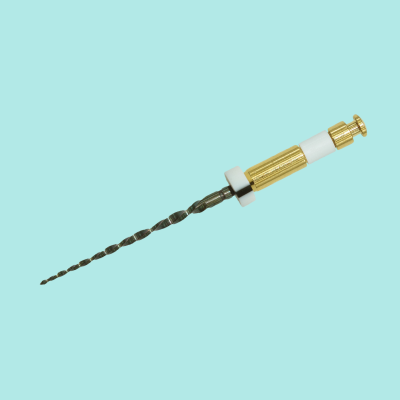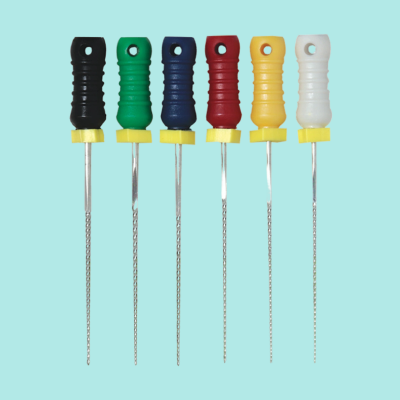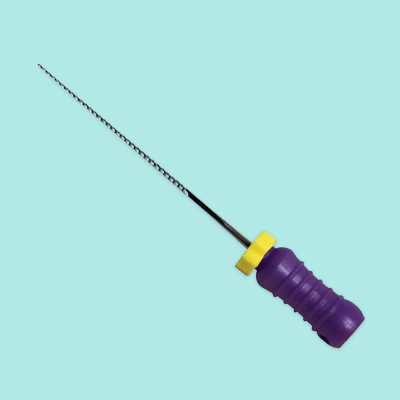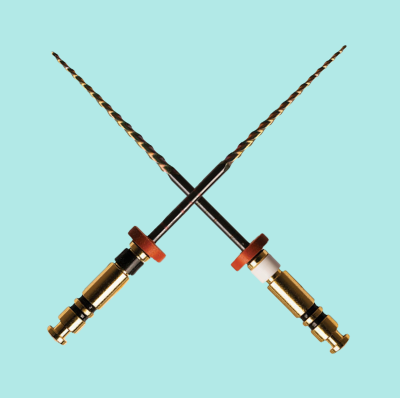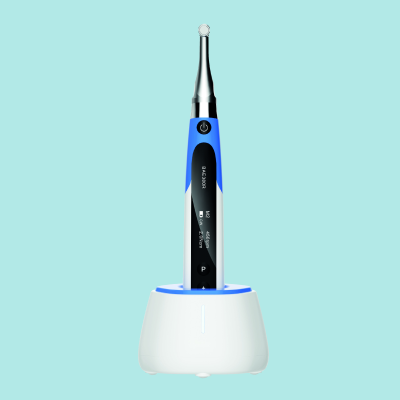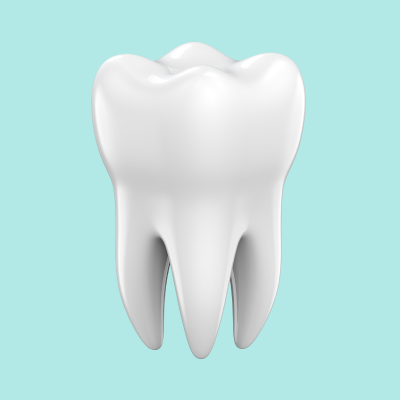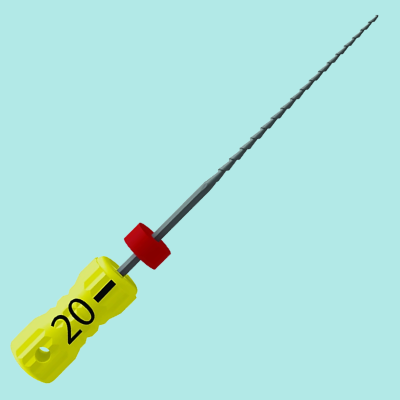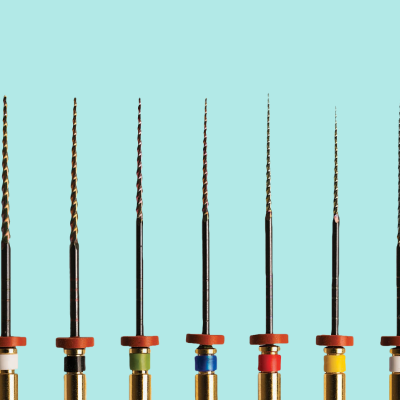Seven Reasons to Give BioRoot RCS a Try
The three most widely used endodontic obturation techniques currently preferred by dentists are the single cone technique, lateral condensation and warm vertical condensation. Each of these techniques have their own benefits but are not without their drawbacks. BioRoot RCS allows for an alternative root canal obturation technique that provides several advantages.
What is BioRoot RCS?
BioRoot RCS is a root canal filler that uses the concept of hydraulic filling to remove the dependence on technique to achieve a tight endodontic seal. With BioRoot, both the lateral and apical seal are obtained with a simple cold technique designed to ensure long-term clinical success. BioRoot RCS is hydrophilic and flows into the dentinal tubules and lateral canals. It crystalises while setting to create a chemical bond with the dentine and a tight seal.
What are the advantages of BioRoot RCS?
BioRoot RCS is considered by many as one of the best root canal sealers on the market thanks to several clinical benefits. Here are seven good reasons to give it a try.
- Tight lateral and apical seal: 3-dimensional seal achieved without compaction.
- Limit bacterial growth: superior calcium ion release leading to ph increase (>11).
- No shrinkage: resin-free material, maintains the seal quality over time.
- Simple & easy obturation technique: no learning curve.
- Fast implementation time: through placement of a single cone.
- Highly cost effective: no need to purchase additional equipment, reduced cost per obturation.
- Easy retreatment: dissolve gutta-percha with eucalyptol and remove obturation with endo instruments.

How Does BioRoot RCS Compare?
A single cone technique with BioRoot RCS has been clinically proven to deliver similar clinical success to a vertical condensation obturation technique.
The results below are from a trial comparing a single cone technique using BioRoot RCS and a warm vertical condensation of gutter-percha with AH Plus.
Other studies have found the BioRoot RCS cold technique to produce less microleakage compared to warm techniques and a reduced risk of bacterial reinfection. Further clinical research into BioRoot RCS can be found here.
BioRoot RCS price
BioRoot RCS root canal filler is currently available from only £116 at Kent Express. Shop today for free next working day delivery as standard.


